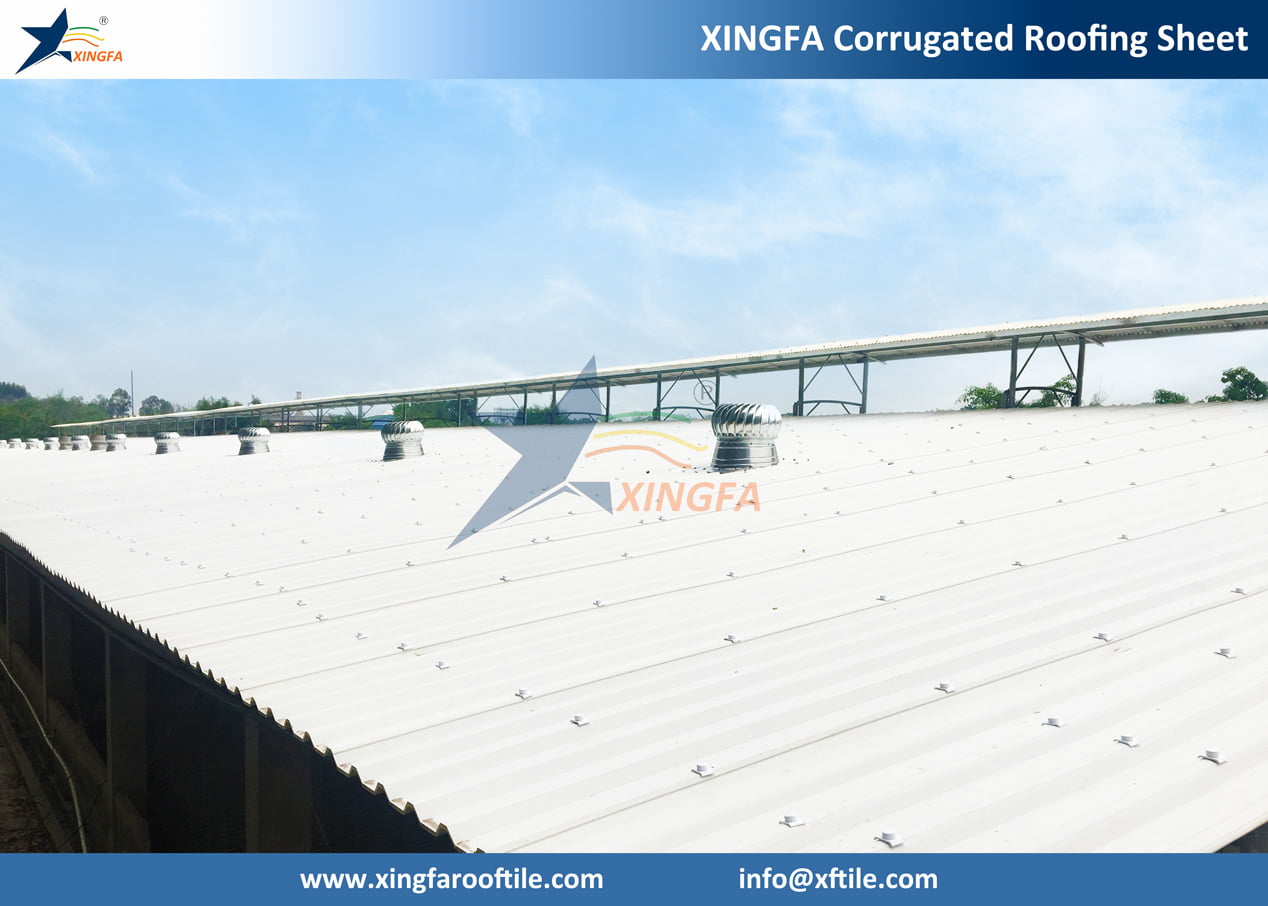Plastic roofing has become increasingly popular due to its ability to withstand a variety of extreme weather conditions. Lowes corrugated fiberglass roofing panels and PVC clear plastic sheets are just a couple of examples of the durable and versatile options available on the market. These materials have proven to be highly effective in protecting homes and buildings from harsh elements such as heavy rain, strong winds, and intense heat.

One key reason why plastic roofing is able to withstand extreme climates is its resistance to water damage. Unlike traditional materials like shingles or metal, plastic roofing does not absorb water, which helps prevent rot and deterioration. In addition, its lightweight nature and flexibility make it less susceptible to damage from hail or other impact-related incidents.

Another benefit of plastic roofing is its UV resistance. Many plastic roof sheets are designed to block harmful UV rays, preventing them from damaging the material and causing it to degrade over time. This feature is particularly important in areas with intense sun exposure, as it helps extend the lifespan of the roofing and reduce the need for frequent repairs or replacements.
Plastic roofing also offers good insulation properties, helping to maintain a comfortable indoor temperature regardless of the external climate. This can lead to better energy efficiency and lower heating and cooling costs for homeowners and businesses.

In conclusion, the durability, water resistance, UV protection, and insulation properties of plastic roofing make it a highly effective choice for withstanding a wide range of extreme weather conditions. With the availability of various options such as Lowes corrugated fiberglass roofing panels and PVC clear plastic sheets, it’s no wonder that plastic roofing has become a top choice for many property owners.
